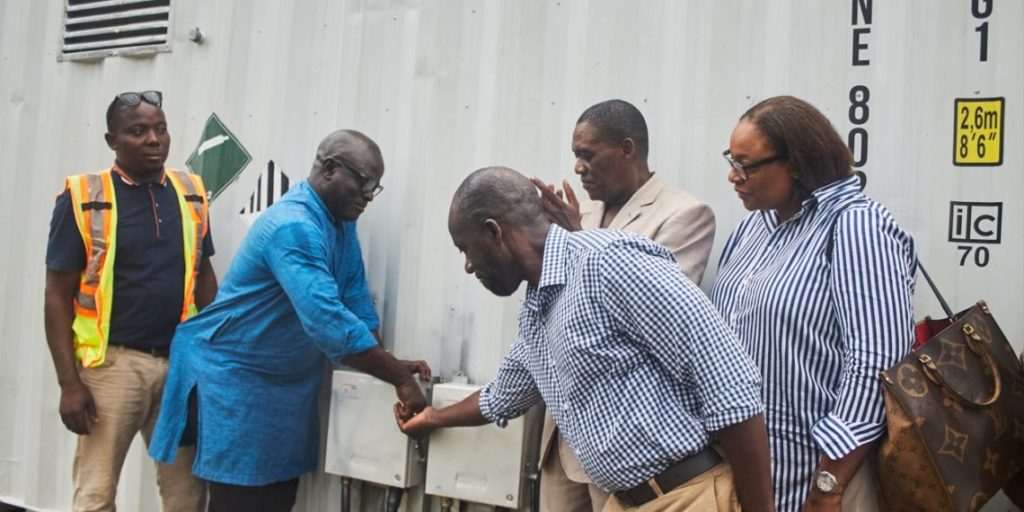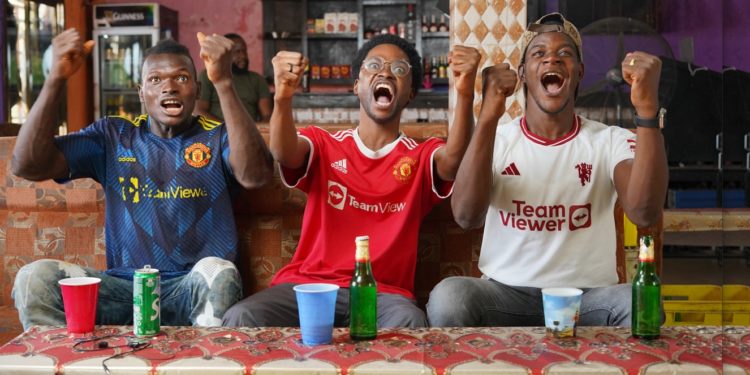By Kemo Cham
The Universal Energy Facility (UEF), a financing facility managed by Sustainable Energy for All (SEforALL), is embarking on a campaign designed to showcase the impact of clean energy investment. Dubbed #FinancingEnergyProsperity, thecampaign seeks to raise awareness on the need for collaboration in building Africa’s local clean energy markets.
UEF, a multi-donor Results-Based Financing (RBF) initiative, was established to significantly speed up and scale up energy access across Sub-Saharan Africa and beyond, in line with UN’s Sustainable Development Goal 7 and the Paris Agreement. It provides incentive payments to eligible organisations deploying energy solutions and providing verified end-user electricity connections (including mini-grids and stand-alone solar systems) and clean cooking solutions based on pre-determined standards.
UEF in a statement issued on October 16, said that access to sustainable energy is key to promoting socio-economic development, noting that it also contributes to the displacement of diesel generators and other polluting energy sources as a clear contribution to mitigating the effects of climate change.
Through this campaign, UEF will air the views of beneficiary communities of its projects through their experience living without electricity and how it changed after it deployed clean energy solutions along with its partners.
Anita Otubu, Senior Director of the UEF, said the campaign is meant to demonstrate the efficiency of this financing model through its impact on the lives of those it benefitted.
“I am very excited about the important stories that will be shared by the beneficiaries in the coming months. People will have the opportunity to witness the success of the UEF as an efficient and secure mechanism for donors, governments and the private sector to mainstream efforts to provide reliable and sustainable energy to underserved and unserved communities,” she was quoted in the statement shared with ManoReporters.
Data shared by UEF notes that approximately 600 million people were lacking access to energy in Africa, which makes the financing model an instrumental partner in developing and strengthening clean energy markets in beneficiary countries, which include Sierra Leone, Nigeria, Benin, the Democratic Republic of the Congo and Madagascar.
UEF’s financial support to clean energy projects in these countries, along with strategic and technical advice to the private sector and governments, have translated into more than USD 22 million in grants committed to clean energy companies, almost 10,000 new or improved energy connections and nearly 6,000 total photovoltaic capacity installed (kWp), it said.
This, it added, means that over 40,000 people currently benefit from clean energy access, and 3,700 average tons of CO2 emissions reduced or avoided each year.
The organization said these figures are expected to grow significantly as several of its funded projects were on track to be completed by the end of this year.
The UEF grants are also set to catalyse additional funding from other financing sources, enabling clean energy companies to expand operations and create more green jobs, it added.
In June 2024, SEforALL announced the completion of the first clean energy electrification project under the RBF in Sierra Leone. The 27 kWp solar photovoltaic (PV) and 85kWh battery mini-grid is located in the town of Borup in Port Loko, where it is said to be providing 150 electricity connections, directly benefitting 1,300 people. The project was implemented by UEF grantee, Energicity (SL) Limited, also known as Power Leone.

The Borup plant is one of seven mini-grids for which funding have been approved for construction by the UEF, which are expected to generate nearly 1,200 connections and transform the lives of over 10,000 people in households, businesses, religious and academic institutions, clinics, and entertainment centres, among others.
The second mini-grid located in Kalangba in Bombali District was commissioned in August.
Other beneficiary communities are of the UEF projects are Kasiri, Pepel, Njala Mosongo, Njala Mokonde, and Mokanji.
Conditional letters of support for the construction of 10 more mini-grids were also reportedly issued by UEF, which are billed to bring clean energy to over 20,000 people.
All 17 mini-grids are expected to be fully operational by 2025, according to the organization.
“#FinancingEnergyProsperity isn’t just about numbers; it’s about the transformative power of clean energy access. By showcasing real stories of lives impacted, we aim to inspire continued investment and collaboration. Together, we can unlock the full potential of sustainable energy to improve thousands of lives and bring socio-economic development to Africa,” said Sherry Kennedy, Communications Director at SEforALL.






















